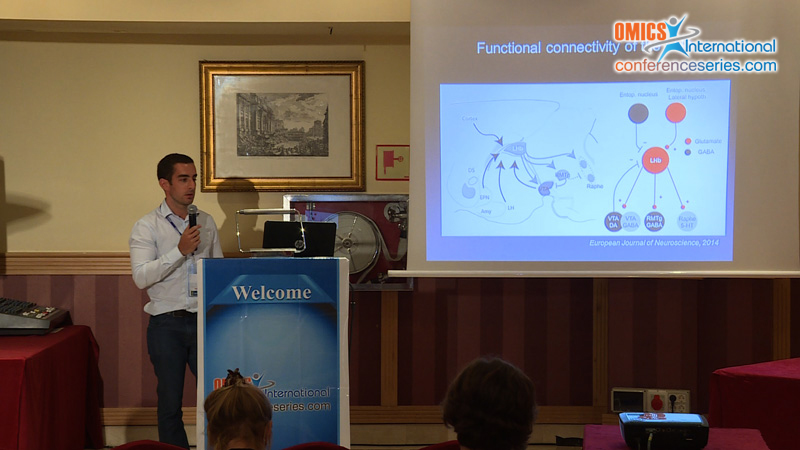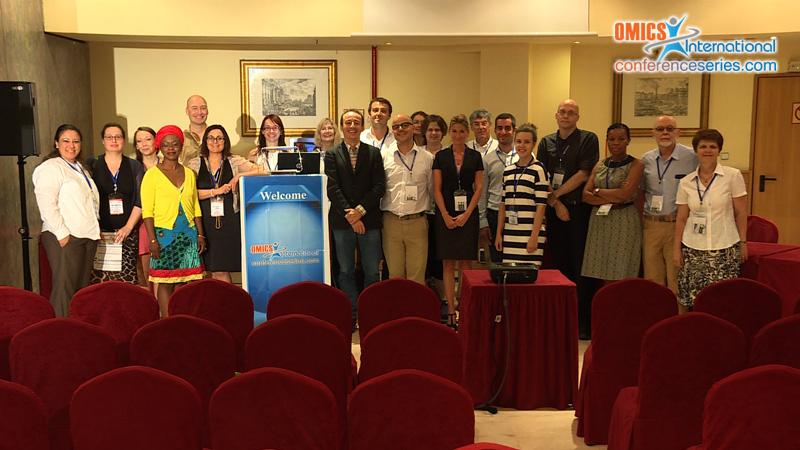
Marc Fakhoury
University of Montreal, Canada
Title: The role of the lateral habenula in motivation and reward: implication for psychiatric disorders
Biography
Biography: Marc Fakhoury
Abstract
A dysfunction of the lateral habenula (LHb) is implicated in several psychiatric disorders including drug abuse, bipolar disorder, alcohol dependence and schizophrenia. Previous work with psychophysically-based studies suggests that electrolytic lesion of the LHb, which lies in the dorsal diencephalic conduction system, degrades the intracranial self-stimulation (ICSS). This experiment was aimed at studying the importance of the LHb in brain reward stimulation, and its connection with other areas that support operant responding for ICSS. For this purpose, rats were trained to receive an electrical stimulation at the lateral hypothalamus (LH), a region in the brain implicated in reward and motivation. The change in reward was measured daily for two weeks, and Fos-like immunoreactivity was quantified at the end of the experiment. The expression of c-fos was measured in several forebrain and midbrain regions in order to visualize the neurons that were activated by the stimulation. The same experiment was done in rats that received a stimulation at the LH following an electrolytic lesion at the LHb. Results show that a lesion at the LHb produced a large and long-lasting attenuation of reward, which was generally associated with reduced c-fos expression. Since an alteration in reward is an important characteristic of several psychiatric disorders, identifying the role of the LHb in the brain reward circuitry will constitute an important step towards a better understanding of the neurobiological bases of these disorders.


